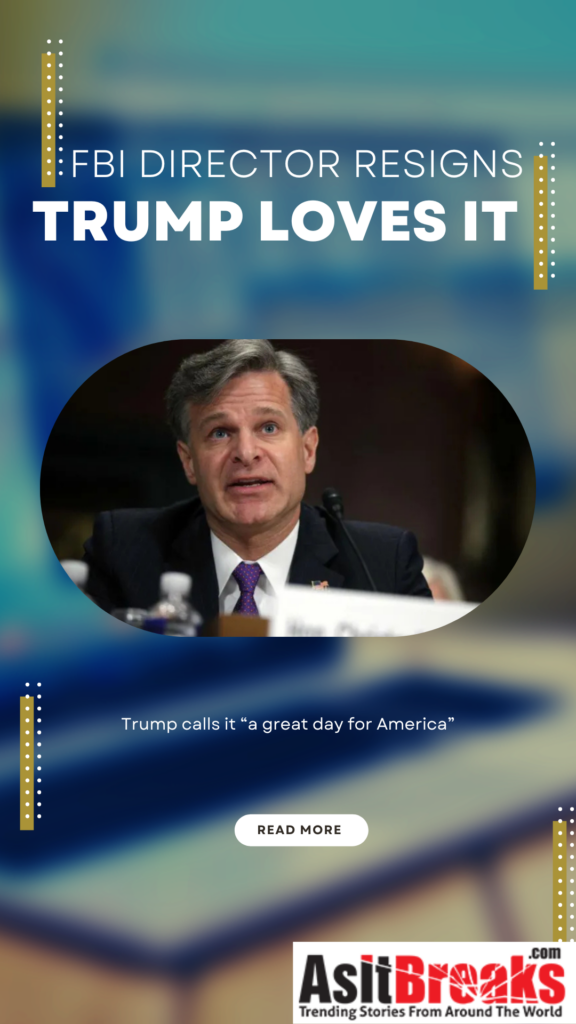New emails released by House Oversight Committee Democrats on Wednesday indicate the estate of Jeffrey Epstein claimed former President Donald Trump was more deeply connected to Epstein than previously known. One of three exchanges includes a December 2015 email to author Michael Wolff, in which Wolff wrote to Epstein:
“I think you should let him hang himself. If he says he hasn’t been on the plane or to the house, then that gives you valuable PR and political currency. You can hang him in a way that potentially generates a positive benefit for you, or, if it really looks like he could win, you could save him, generating a debt.”
The correspondence is among more than 23,000 Epstein-estate documents currently under review by the Oversight Committee.
In another email, dated April 2011 and addressed to Epstein’s longtime associate Ghislaine Maxwell, Epstein wrote that Trump “spent hours at my house” with one of his trafficking victims and described the former President as “that dog that hasn’t barked,” raising questions about the depth of Trump’s awareness of Epstein’s activities.
A third email, sent in January 2019 to Wolff, includes Epstein’s claim that Trump “knew about the girls as he asked Ghislaine to stop,” suggesting Trump may have had knowledge of Epstein’s actions.
Ranking Member Robert Garcia (D-California) stated:
“The more Donald Trump tries to cover up the Epstein files, the more we uncover. These latest emails and correspondence raise glaring questions about what else the White House is hiding and the nature of the relationship between Epstein and the President.”
The release comes at a politically charged time. The House will vote this week on reopening the federal government after the longest U.S. shutdown, a vote that coincides with bipartisan efforts to compel the Department of Justice to release all materials from the Epstein investigation.
White House Press Secretary Karoline Leavitt criticized the disclosures, describing them as attempts to shift focus away from President Trump’s record. She stated that Democrats had selected emails to create a certain public narrative regarding President Trump.
Trump has denied involvement in Epstein’s sex-trafficking operation, called Epstein a “creep,” and said their relationship ended years ago.
Epstein and Trump were socially connected in the 1990s and early 2000s in Palm Beach and New York, before they reportedly parted ways in 2004.
For survivors, advocates, and lawmakers, these emails underscore calls for transparency. The documents do not add criminal charges against Trump, but they raise scrutiny about whether Trump knew more about Epstein’s operations than he admitted.
At this stage, the potential for the newly released emails to lead to legal accountability remains unknown. However, their contents carry significant implications for public perception of Trump’s past relationship with Epstein and may influence the direction and urgency of ongoing congressional investigations into the trafficking case.


